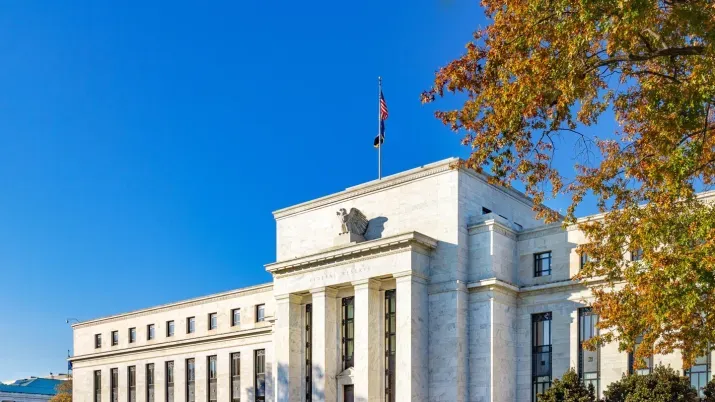Bond Market Relief at Change of Lagarde
TwentyFour
European bond markets can breathe a sigh of relief this morning as Christine Lagarde is poised to be the new president of the European Central Bank, succeeding Mario Draghi in October.
The relief is perhaps more about who is not going to be the new president, rather than who will be at the helm; German Bundesbank chief Jens Weidman was considered to be one of the frontrunners for the post. While Draghi will be remembered for pledging to do ‘whatever it takes’ to preserve the euro, Weidman will be known for trying all he could to prevent some of Draghi’s policies being enacted. As a reminder, the first flirtation with quantitative easing (QE) in the Eurozone came with the Outright Monetary Transactions, or OMTs, which while never used, gave a great deal of comfort to markets when they were at their most vulnerable. It was Weidman who opposed this programme so strongly that he went to Germany’s Constitutional Court to have its legality challenged. Fortunately he failed. An ECB under Weidman would have always appeared weaker in times of market distress, making further attacks on the euro’s viability more likely.
So what about Christine Lagarde? She becomes the first female chief and also the first chief who is not an economist by trade. Naturally we welcome the great spirit of diversity in the Eurozone ranks but more than this, we think a politician at the helm, with a highly relevant CV, could do an even better job than another economist. The ECB has more than its fair share of competent economists, does it really need one more? Mario Draghi will not go down in history for being a great economist but rather for his political nous, which helped to preserve the euro aided by a strong will and great determination. These are skills that Christine Lagarde has acquired in her roles at the French finance ministry and as chair of the International Monetary Fund. In her final tenor at the IMF she was always encouraging nations to do more to stimulate their economies, either through monetary policies, fiscal expansion or structural reform. While it is hard to label her a dove or a hawk at this point, as she has not voted on policy yet, our sense is that she will continue to err on the side of caution, which is what markets would like.
We wish her well in her new role and look forward to that opening press conference in Q4.






